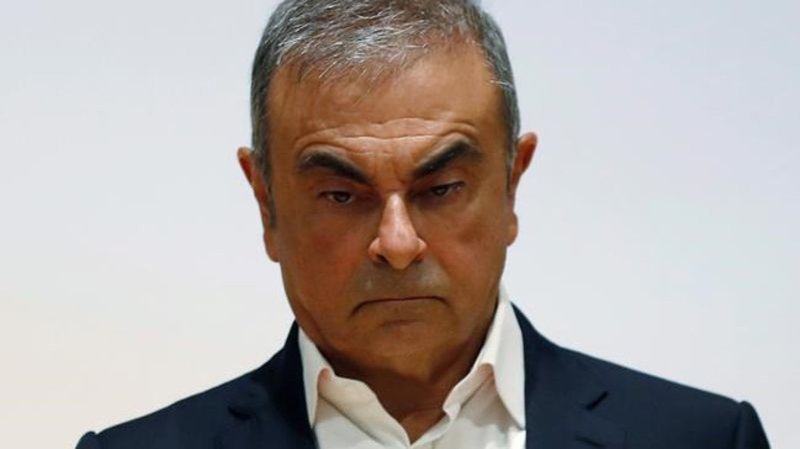
EXPLAINER: Japan to try US men accused of helping Ghosn flee
TOKYO — Two Americans suspected of helping former Nissan Chairman Carlos Ghosn skip bail and escape to Lebanon in December 2019 have been extradited to Japan.
Michael Taylor and his son Peter had been held in a suburban Boston jail since May. They were handed over to Japanese custody on Monday and were due to arrive in Tokyo on Tuesday.
Ghosn, who led Nissan Motor Co. for more than two decades, was arrested in 2018, and charged with under-reporting his future compensation and breach of trust in diverting Nissan money for personal gain. He says he is innocent.
WHAT ARE THE FATHER AND SON ACCUSED OF DOING?


